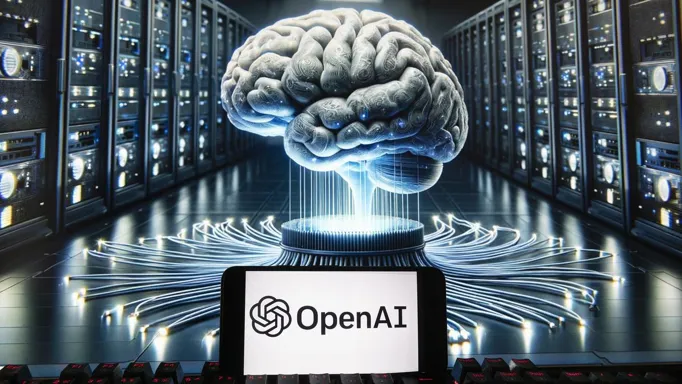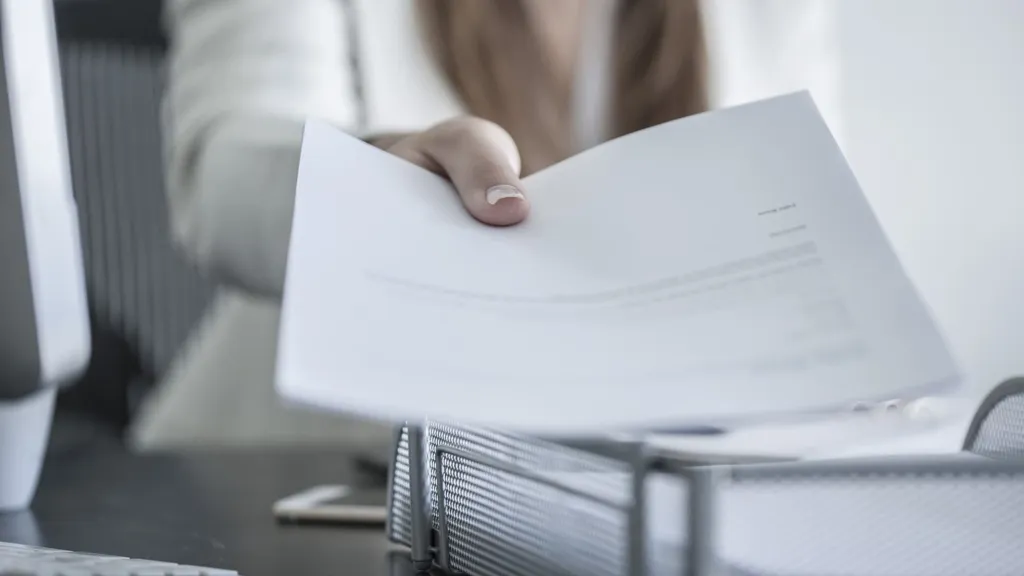June 28, 2024 - San Francisco, CA
OpenAI, the developer behind the popular AI chatbot ChatGPT, and its business partner Microsoft, are facing a fresh wave of legal challenges. The Center for Investigative Reporting (CIR), a renowned nonprofit news organization, has filed a lawsuit against the tech giants, accusing them of “exploitative” copyright infringement.
The Lawsuit: Allegations of AI-Driven Plagiarism
The lawsuit, filed in a San Francisco federal court, claims that OpenAI and Microsoft have unlawfully utilized the work of journalists to train their artificial intelligence models. The CIR alleges that OpenAI’s ChatGPT system has been systematically scraping content from various news outlets without proper authorization or compensation. This, the nonprofit argues, constitutes a significant violation of intellectual property rights.
According to the CIR, their investigative reports and those from other news organizations have been used by ChatGPT to generate responses that closely mimic original journalistic work. “This is a clear case of AI-driven plagiarism,” said Mark Rochester, CEO of the Center for Investigative Reporting. “Our journalism is being exploited for profit without any regard for the labor and resources that go into producing it.”
Background: Growing Legal Scrutiny
This lawsuit adds to the mounting legal troubles for OpenAI and Microsoft. Over the past few months, several news organizations have filed similar lawsuits, claiming that their copyrighted content has been used without permission. These cases reflect growing concerns within the media industry about the impact of AI on journalism and intellectual property.
Earlier this year, other major news outlets, including The New York Times and Reuters, also initiated legal actions against OpenAI, alleging similar misuse of their content. These lawsuits are part of a broader debate over how AI technologies can and should be used in relation to copyrighted material.
OpenAI and Microsoft’s Response
In response to these allegations, OpenAI has maintained that their use of data is within legal bounds. The company asserts that its practices fall under the fair use doctrine, which allows for limited use of copyrighted material without permission for purposes such as research and education. OpenAI has also emphasized its commitment to ethical AI practices and expressed willingness to engage in dialogue with content creators.
Microsoft, which has integrated ChatGPT into several of its products, including the Azure cloud platform and Office software suite, echoed OpenAI’s stance. A Microsoft spokesperson stated, “We believe in a balanced approach that respects intellectual property rights while fostering innovation. We are reviewing the complaint and will address it through the appropriate legal channels.”
Industry Reactions and Implications
The lawsuit by the Center for Investigative Reporting is being closely watched by the media industry and tech sector alike. Media organizations argue that AI companies should pay for the content used to train their systems, just as traditional media outlets pay for syndication and licensing rights.
“This case could set a significant precedent for how AI developers interact with copyrighted content,” said Julia Redford, a legal expert in digital media rights. “If successful, it could compel AI companies to rethink their data usage policies and establish compensation mechanisms for content creators.”
On the other hand, AI proponents argue that overly stringent regulations could stifle innovation. “AI systems rely on vast amounts of data to function effectively,” said Alan Matthews, a technology analyst. “Finding a balance that protects creators while allowing AI to thrive will be crucial.”
The Path Ahead
As the lawsuit progresses, it will likely intensify the debate over AI and copyright law. The outcome could influence future regulations and the development of AI technologies. For now, both the tech and media worlds are awaiting the court's decision, which could have far-reaching implications for the future of artificial intelligence and journalism.
For more detailed coverage on this legal issue, read the full articles from The Hindu and Courthouse News.





